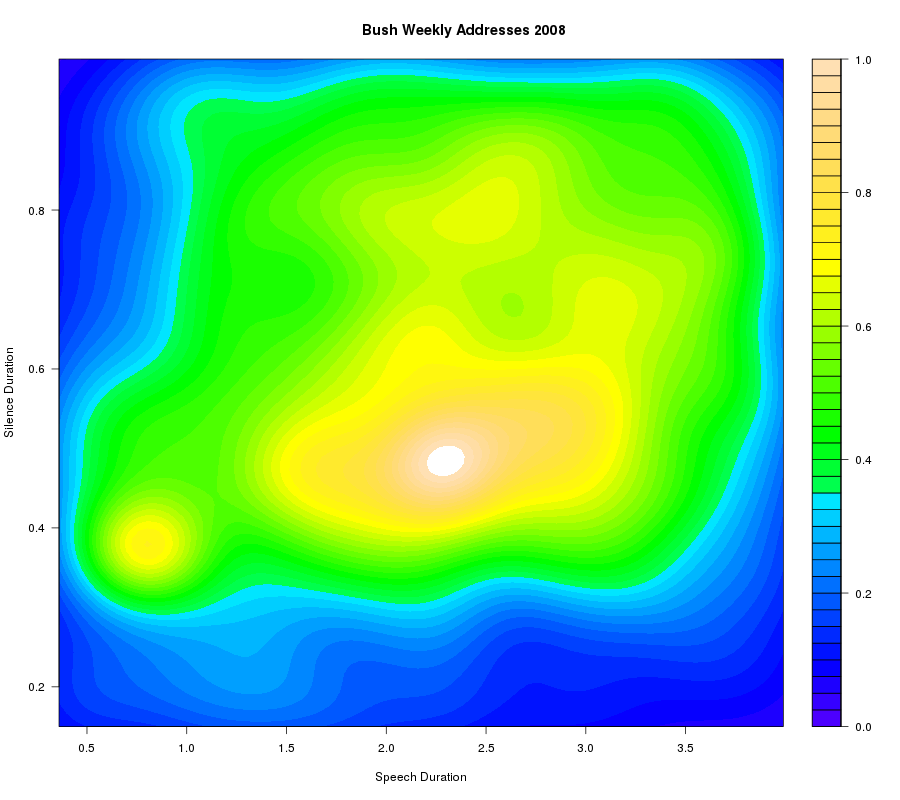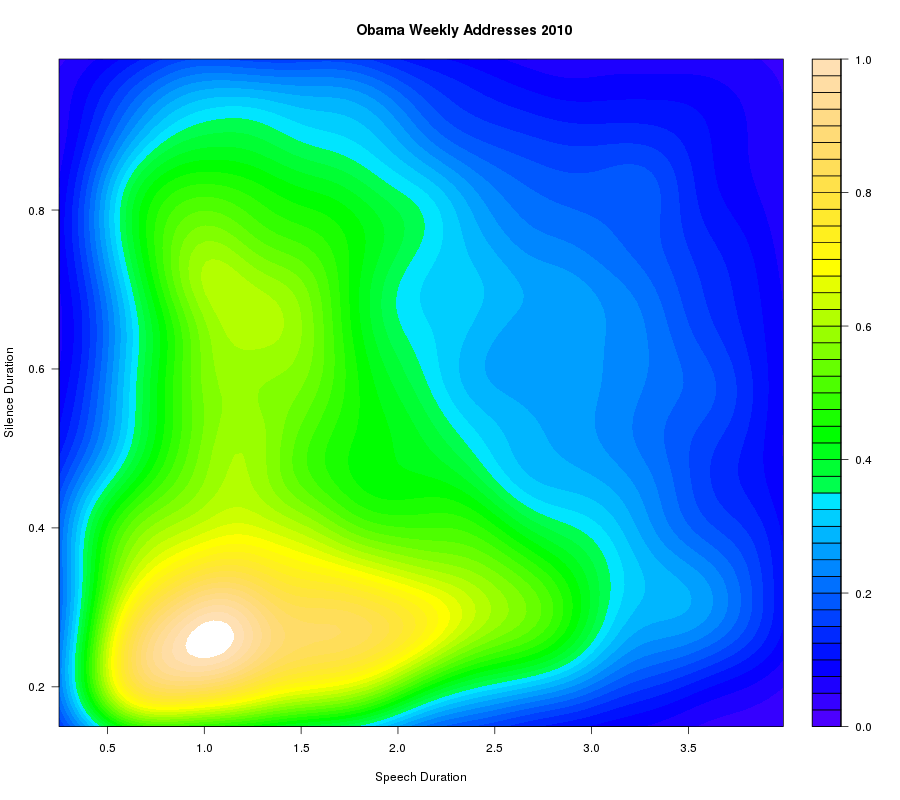June 4, 198brew 2.0
Many people have called my attention to this article by Didi Kirsten Tatlow in the New York Times:
"A High-Proof Tribute to Tiananmen’s Victims Finds a Way Back to China" (5/30/17)
The article begins:
It’s a big journey for a little bottle, even one so potent in alcohol and symbolism.
The liquor bottle — whose label commemorates the 1989 crackdown on democracy demonstrators in Tiananmen Square in Beijing — made a monthslong trip around the world and arrived in Hong Kong days before the 28th anniversary of the killings on Sunday and one year after it was produced in Chengdu, in the southwestern Chinese province of Sichuan.
Read the rest of this entry »


